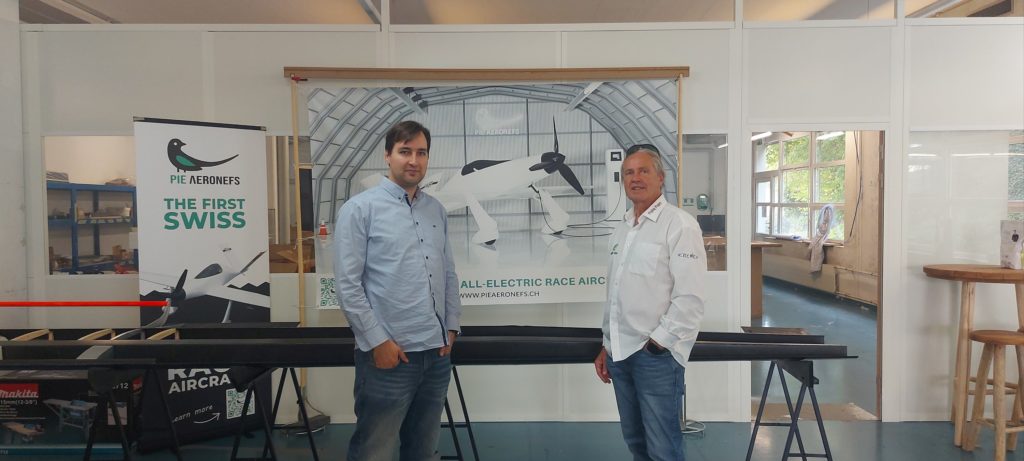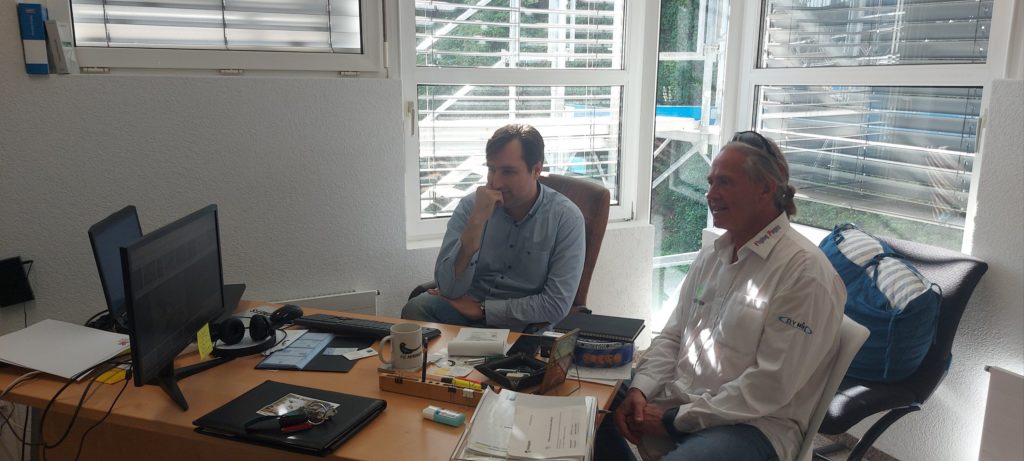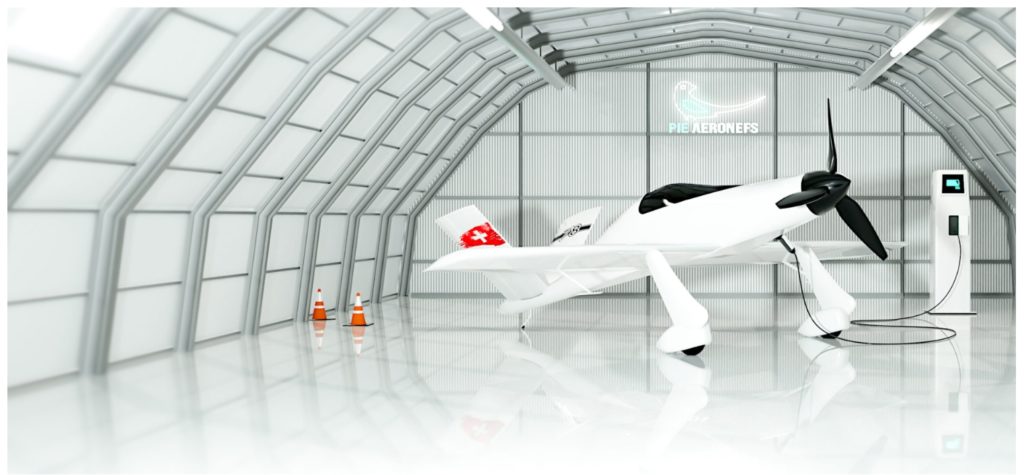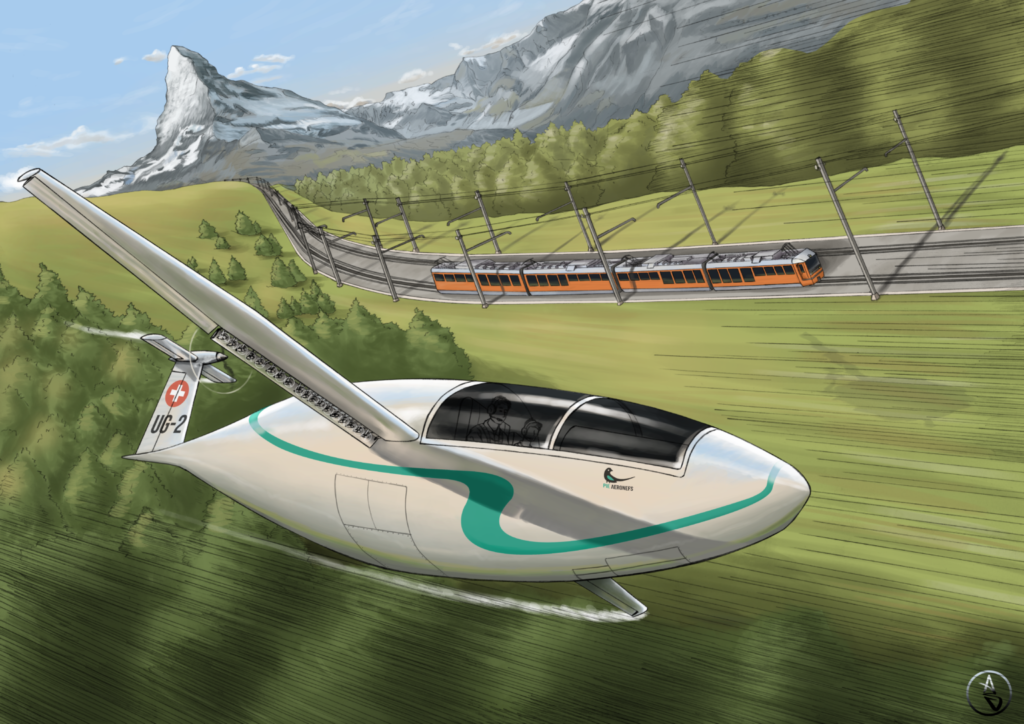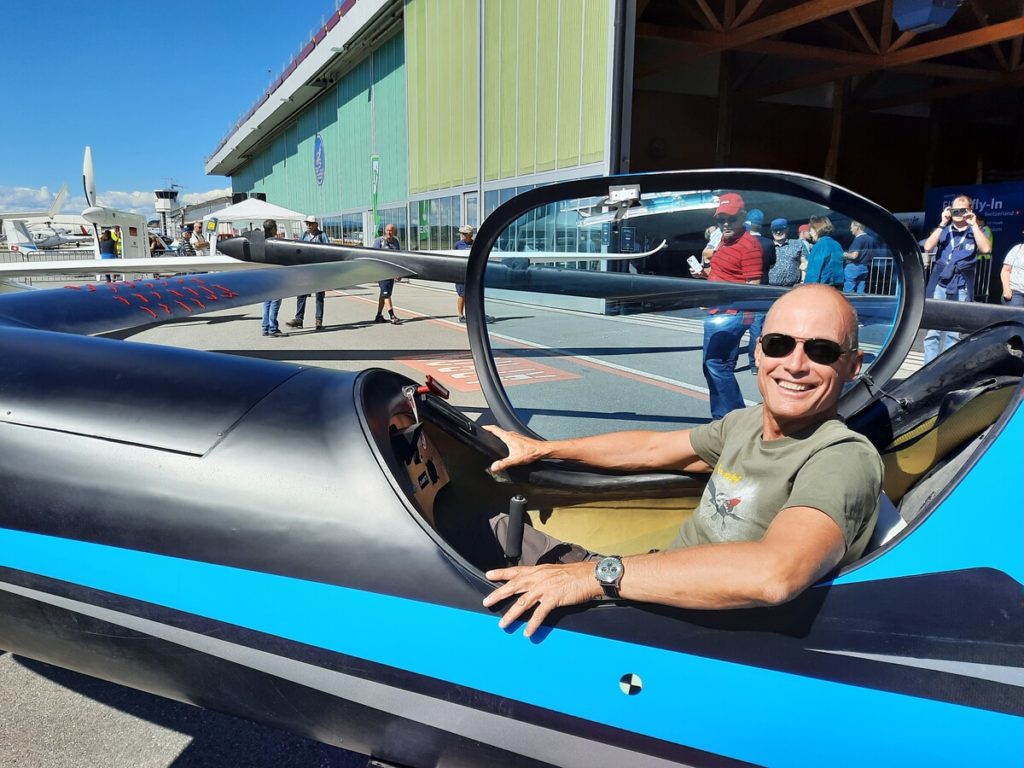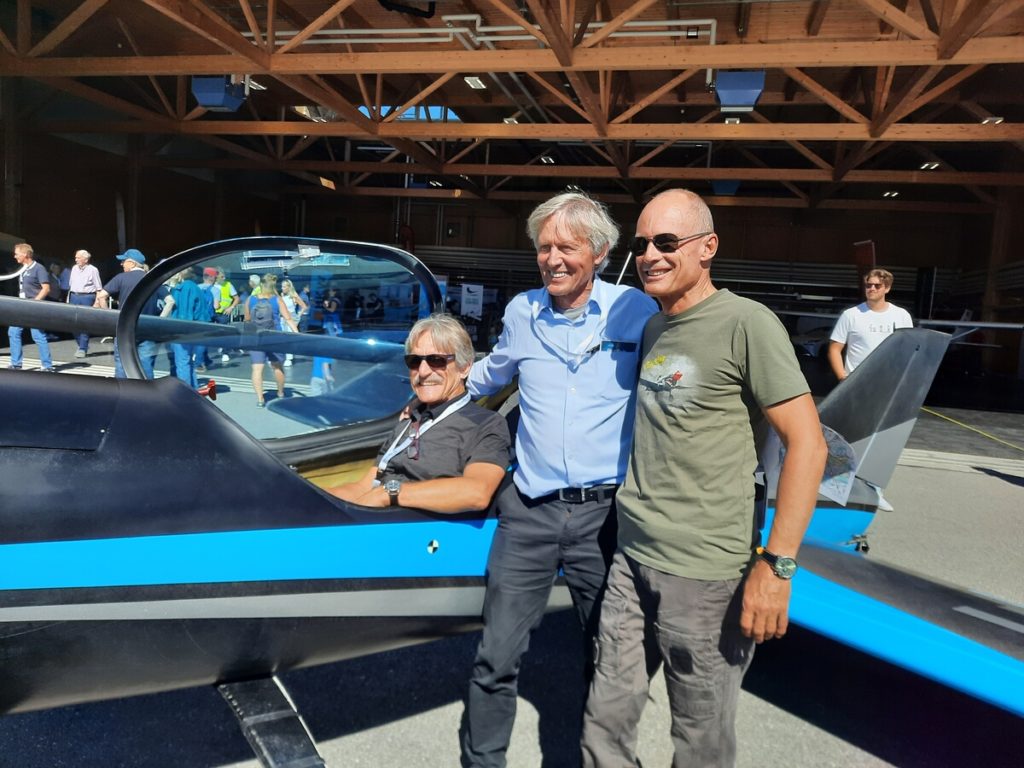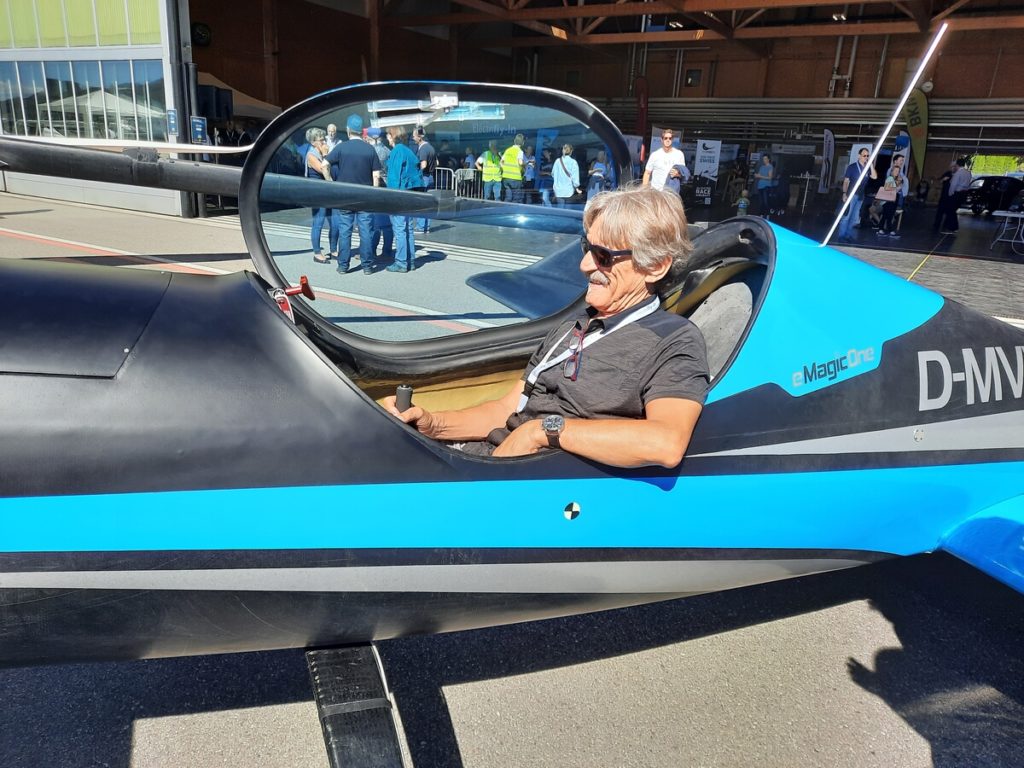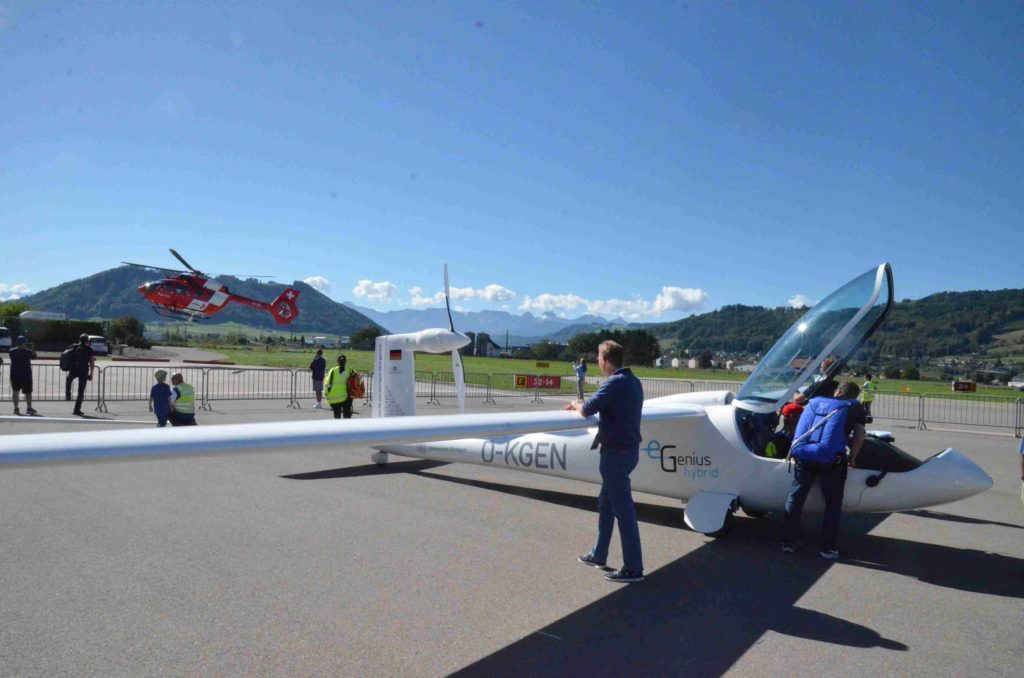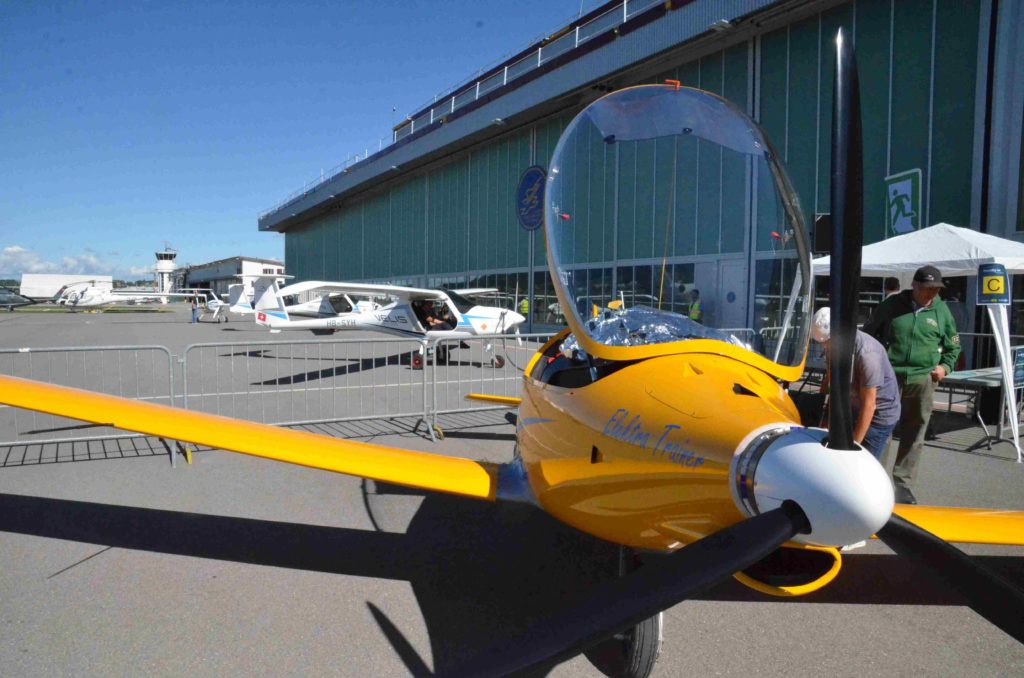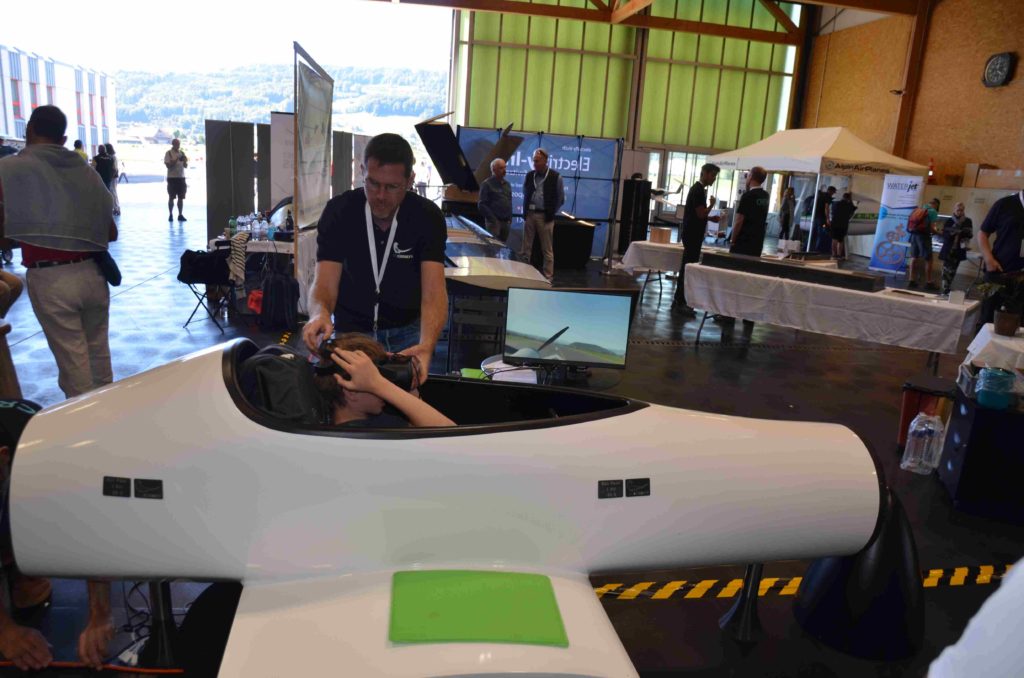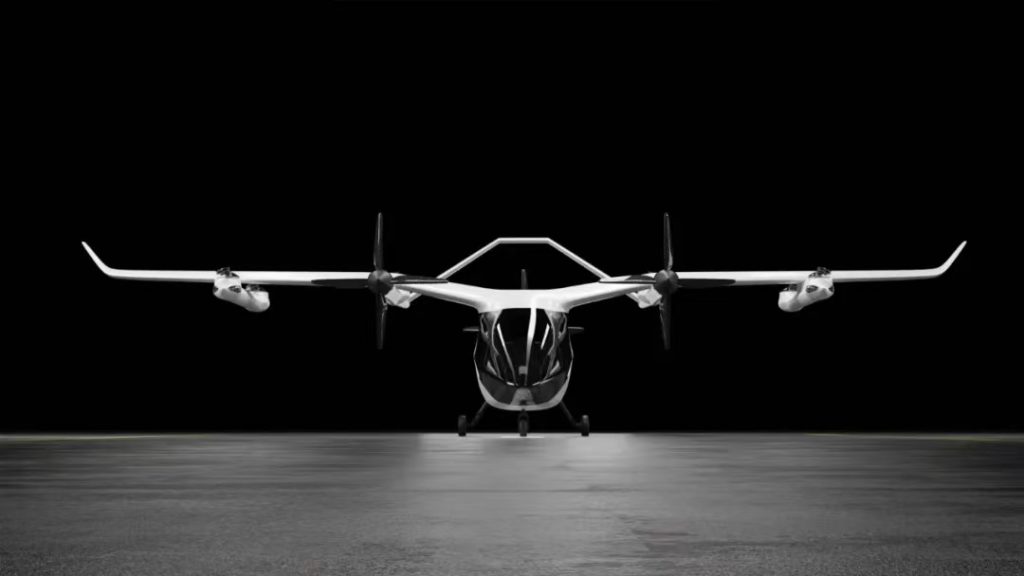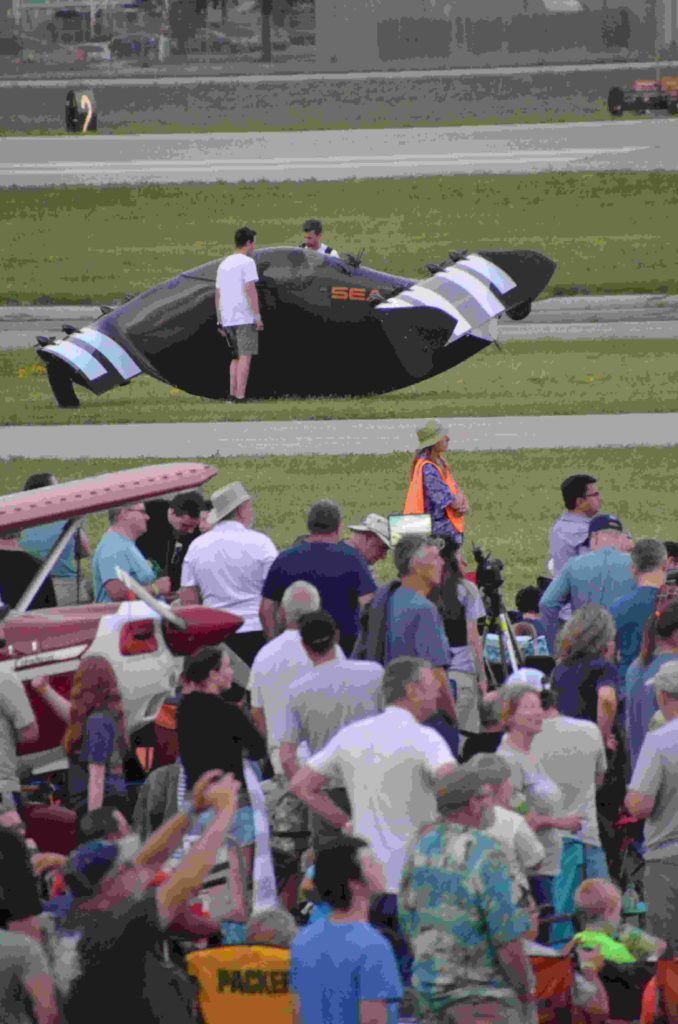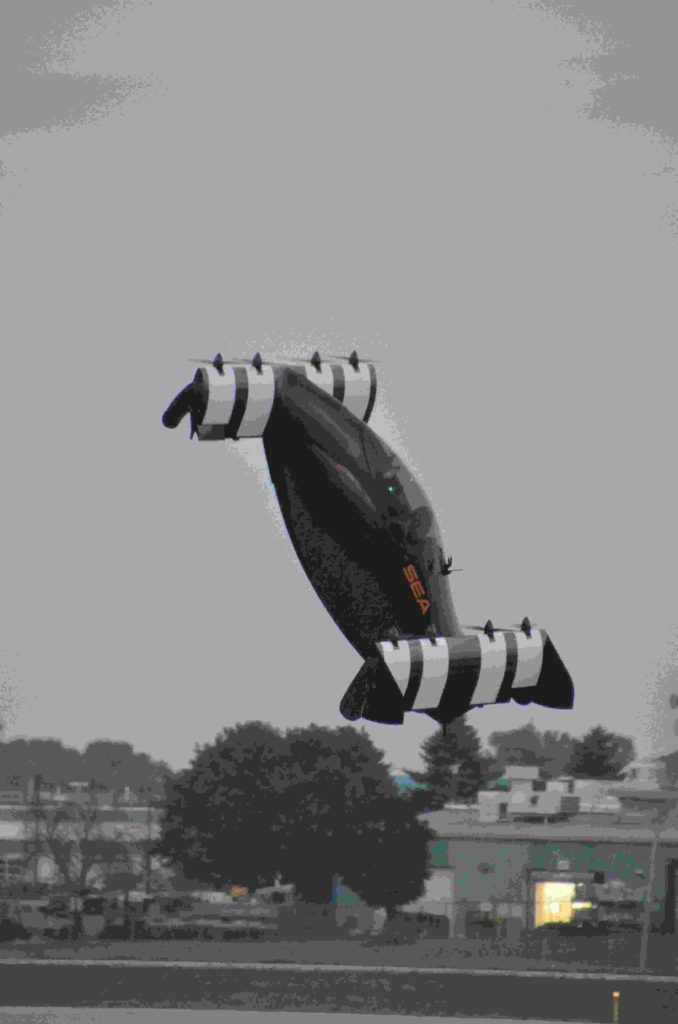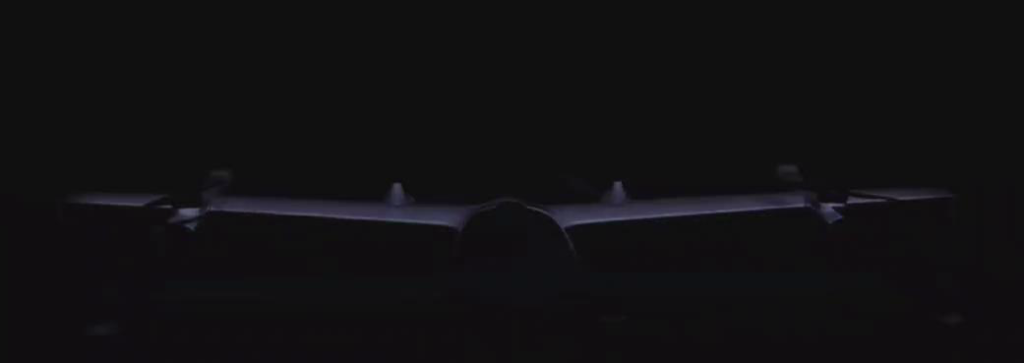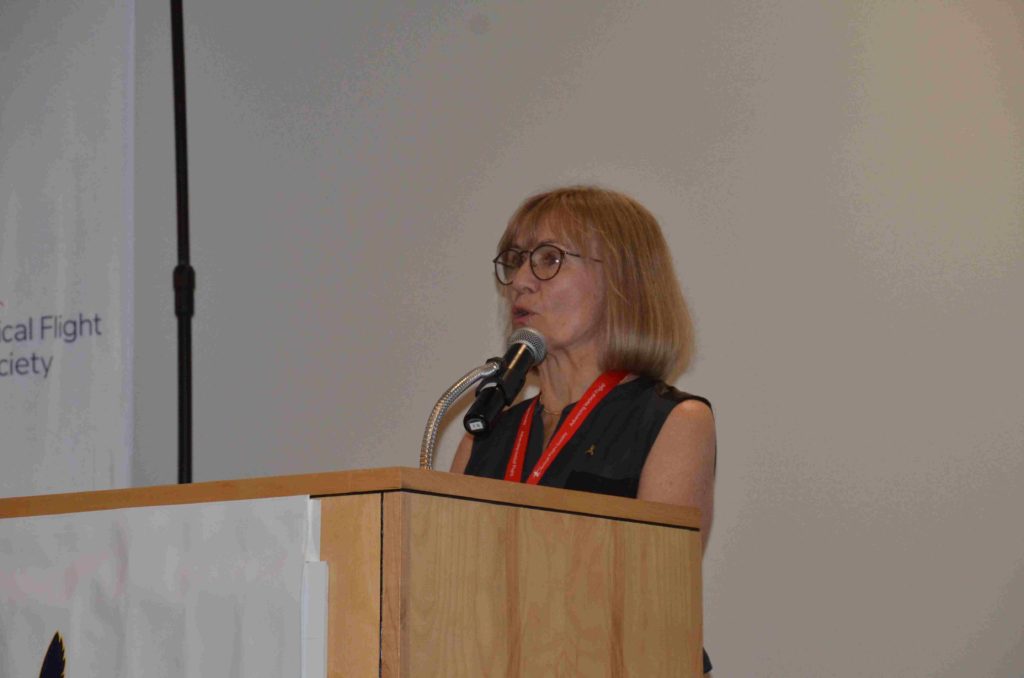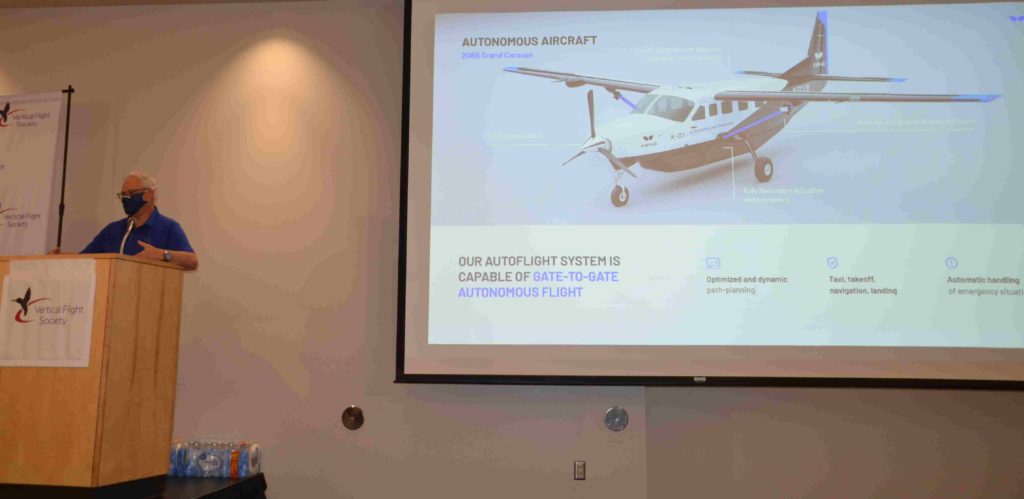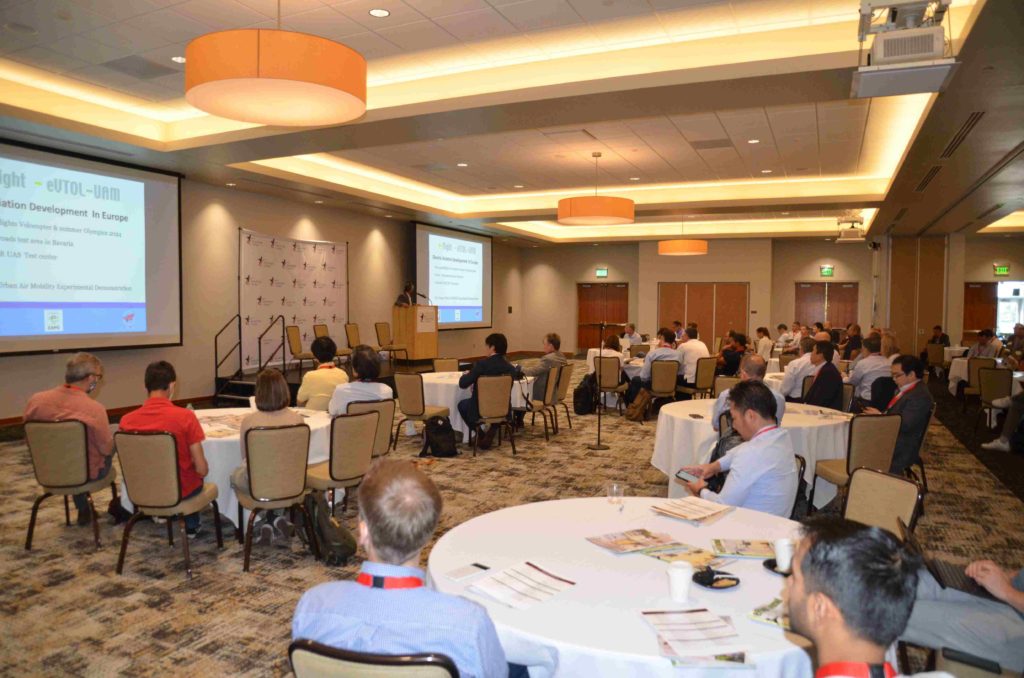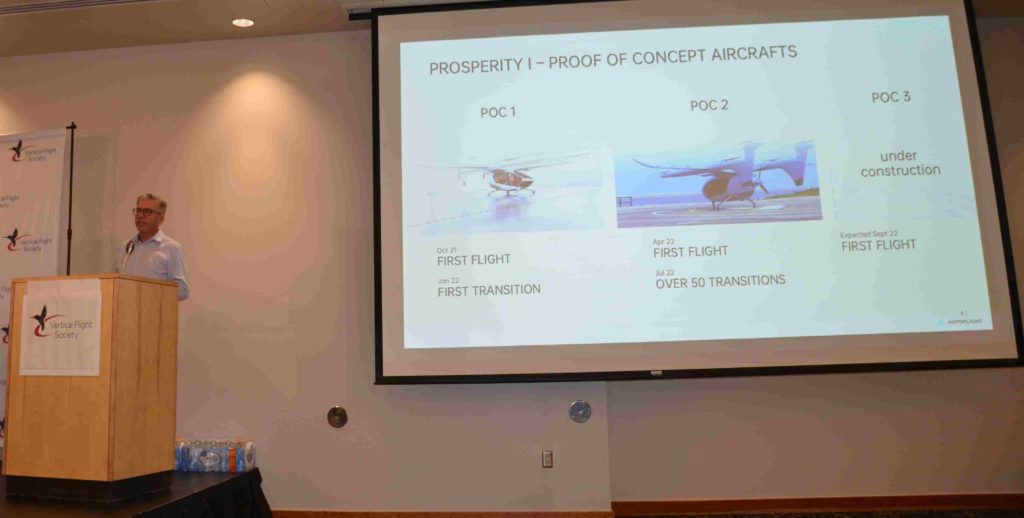Kittyhawk, the eVTOL startup company that Google founder Larry Page founded in 2011, announced on its social media that it will „wind down.“ Though it is a vague message, this post was soon interpreted that Kittyhawk is shutting down.

On one hand, the message does indicate that Kittyhawk will cease operation. Over the years, Kittyhawk has certainly established its status as the pioneer and leading player in the eVTOL and electric aviation community by designing and test flying six generations of eVTOL demonstrators which, by conventional wisdom of aviation, is a very impressive outcome.

On another hand,it may make good sense from business perspective for Kittyhawk to concentrate resources on Cora, the eVTOL project which was spun off in 2019 from Kittyhawk to form a joint venture called Wisk with Boeing which invested in $450 millions this year.After all Wisk has publicly announced that it will unveil the four-seat Cora new design in October which will apply for certification and finally be intended for commercial operation. Compared with Cora, Kittyhawk has canceled the Part 103 ultralight category Flyer single-seat eVTOL in 2020 and currently only has Heaviside single-seat eVTOL demonstrator in hand which the company does not specify a clear goal of development.

Regardless of the final fate of Kittyhawk, there is no doubt that it has left a deep dent in eVTOL history with its efforts and aircraft and will see its legency carried on in Wisk.

